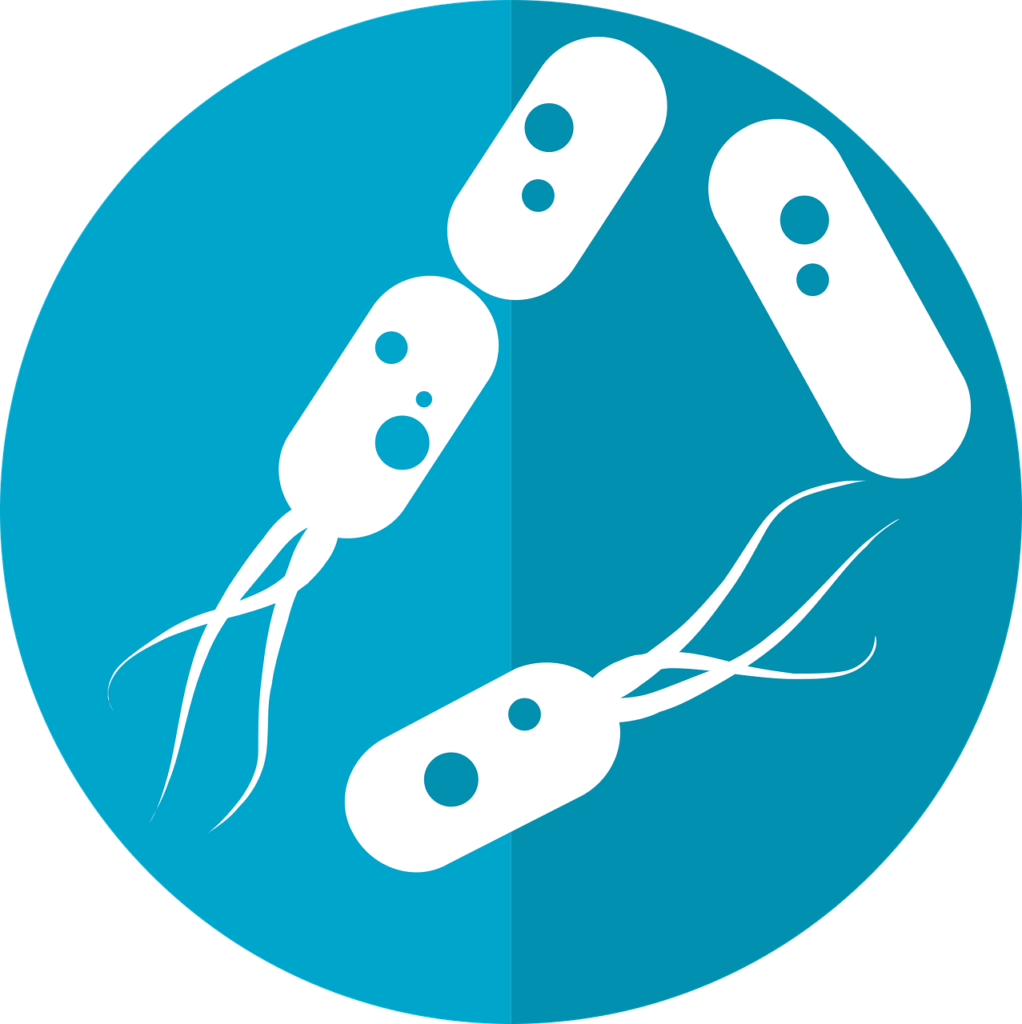
Did you know that bacteria in our gastrointestinal tract can influence our cognitive function? In other words, what we eat and how it is digested can affect how well we think and remember! Research shows that our intestinal microbiome, which is comprised of over 100 trillion microbes (plus their genes), affects the brain. Studies of both laboratory animals and of humans have shown that the microbiome plays a role in brain function and development.
Dr. Robynne Chutkan is an integrative gastroenterologist who founded the Digestive Center for Wellness (Washington, D.C.) and uses microbiome analysis and nutritional counseling in treating digestive disorders. She has authored three bestsellers: Gutbliss, The Microbiome Solution, and The Bloat Cure.
In an interview, Dr. Chutkan explained that a healthy body requires a well-balanced community of bacteria, viruses, and fungi. Microbes stimulate the immune system, break down potentially toxic food compounds, and synthesize certain vitamins and amino acids that we cannot produce ourselves, such as Vitamin K. They also produce key mood-related neurotransmitters, such as serotonin.
Your microbiome develops throughout life and reflects whether you were breastfed or formula fed, where you’ve lived, your profession, past infections, and exposure to medications, hormones, chemicals, and toxins. Many autoimmune diseases, including Crohn’s, irritable bowel syndrome (IBS) and ulcerative colitis, are caused by damage to the microbiome.
The enteric nervous system is the system of neurons that regulates the function of the gastrointestinal tract; it is sometimes referred to as the body’s “second brain.” The “gut-brain axis” refers to a biochemical signaling system between the gastrointestinal tract and the central nervous system, which means that the brain directly influences the gut and vice versa. For example, a serotonin dysfunction in the gut can impair brain functions involved in mood, sleep and behavior. Experiments that manipulate diet, infection, stress, and exercise have found direct effects on learning and memory.
Dr. Chutkan suggests that a high-fiber plant-based diet can change our microbiome and thus improve our brain health. We should also avoid artificial sweeteners, take fewer antibiotics and steroids, use less antimicrobial soap and hand sanitizers, and spend more time in nature and fresh air.
Recently, researchers at the Wisconsin Alzheimer’s Disease Research Center found that people living with Alzheimer’s disease have a unique, and less diverse, community of gut microorganisms than their healthy counterparts. They also found a link between the abnormal levels of these microbe families and the amount of Alzheimer’s disease proteins in the participants’ spinal fluid. The hypothesis is that the microbiome of people with Alzheimer’s disease may contribute to that disease’s progression through the gut-brain axis, suggesting that restoring the microbiome to normal could prevent or slow the development of Alzheimer’s in at-risk populations.